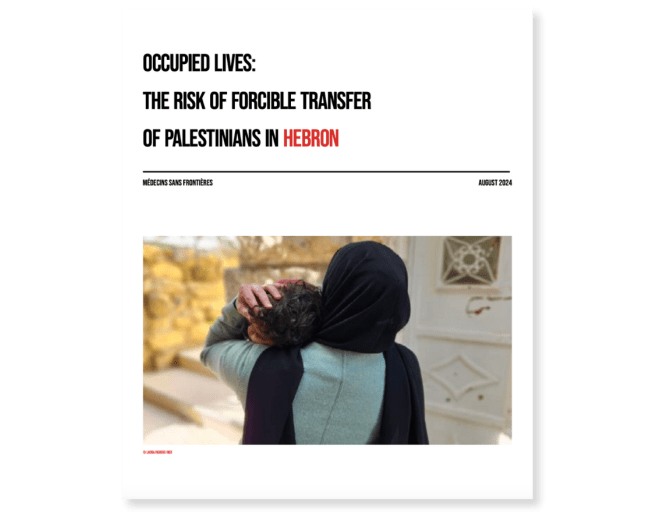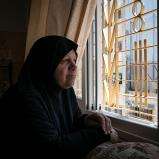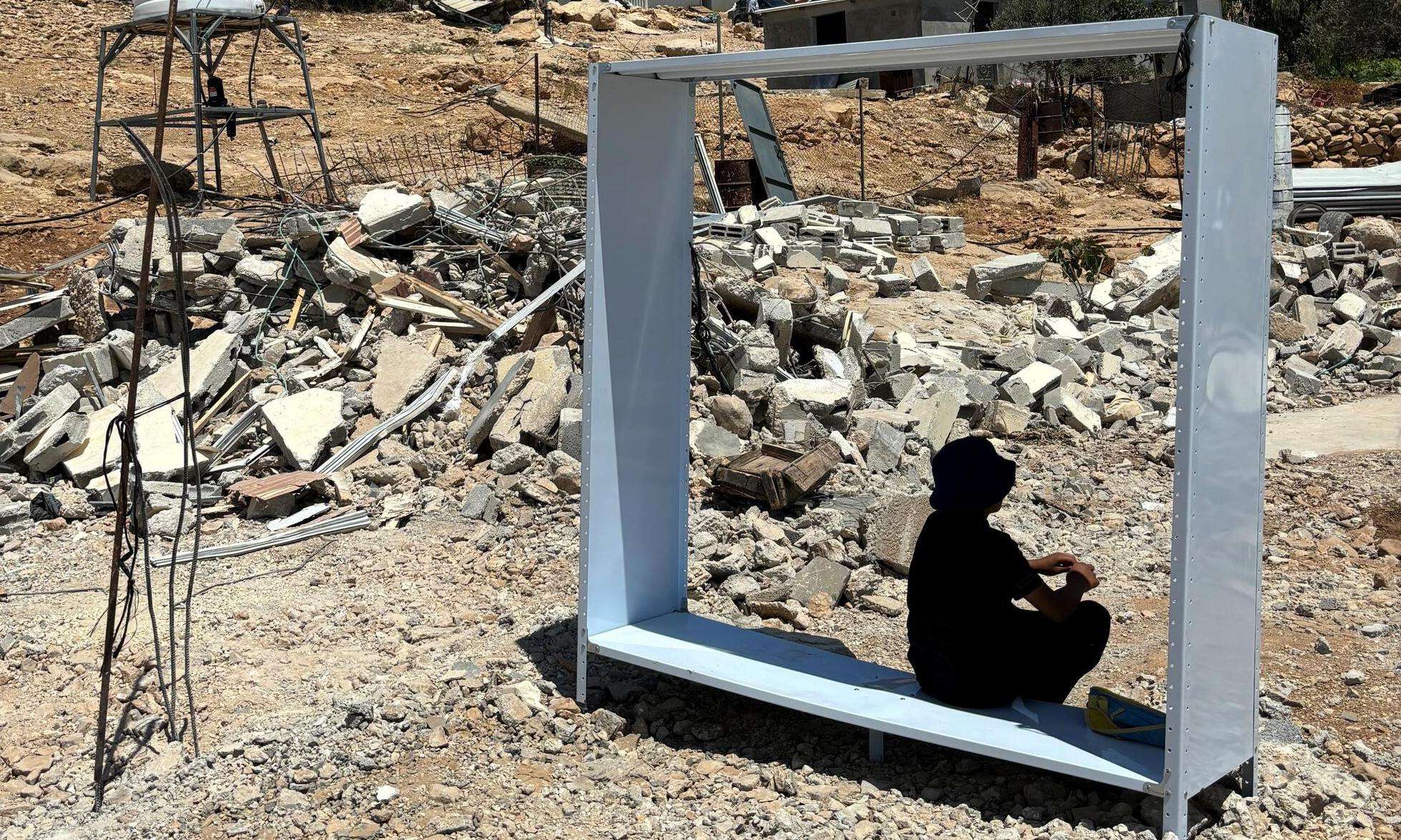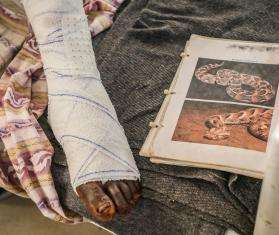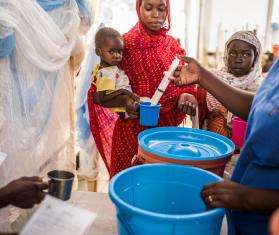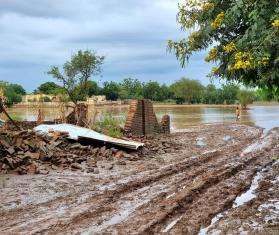NEW YORK/WEST BANK, August 6, 2024 — Physical injuries, mental trauma, and restricted access to medical care are an everyday reality for many Palestinians living in and around the West Bank city of Hebron, warns Doctors Without Borders/Médecins Sans Frontières (MSF) in a new report published today.
Access to medical care for Palestinians in Hebron is rapidly deteriorating because of restrictions imposed by Israeli forces and violence perpetrated by Israeli soldiers and settlers, said MSF.
“The movement restrictions, and harassment and violence by Israeli forces and settlers, is inflicting immense and unnecessary suffering on Palestinians in Hebron,” said Frederieke van Dongen, MSF humanitarian affairs manager. “This is having a disastrous impact on people’s mental and physical health.”
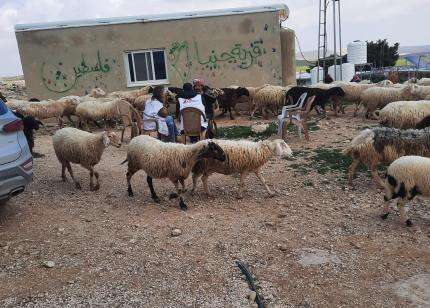
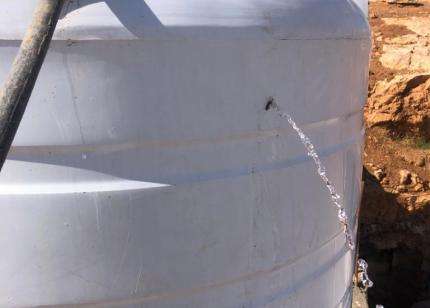
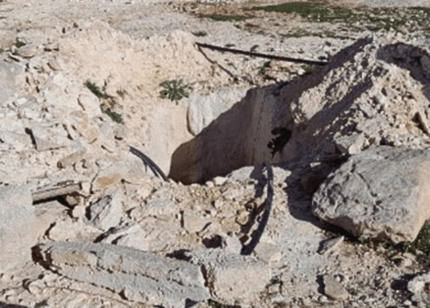
From left: Herding communities are forced to keep their sheep nearby due to settler attacks; bullet holes in a water tank after settlers shot at homes, herds, and tanks; a community's water well destroyed by settlers. Palestine 2024 © MSF
How attacks and movement restrictions block Palestinians’ access to care
Ministry of Health clinics across Hebron governorate have been forced to close, pharmacies have run short of medications, and ambulances transporting the sick and wounded have been obstructed and attacked. Faced with restrictions on their movements and the threat of violence, many sick people delay seeing a doctor or have no choice but to stop medical treatments altogether. Additionally, families across Hebron are experiencing severe financial hardship after losing their livelihoods, forcing many to cancel their health insurance, limit their food, and go without essential medicines.
This report is informed by qualitative and quantitative data collected between June 2023 and April 2024, including testimonies of Palestinian patients and community members supported by MSF in Hebron, interviews with MSF medical and non-medical staff, and anonymized records of MSF mental health data. The report sets out the consequences of Israeli-imposed movement restrictions and physical violence on Palestinians’ access to medical care and describes their devastating impacts on people’s physical and psychological wellbeing.
One of the most restricted areas within the West Bank is known as H2, where 21 permanent checkpoints operated by Israeli forces regulate the movement of Palestinian residents and pose significant barriers to health care workers trying to access the area. For two months after October 7, Ministry of Health clinics inside H2 were closed, and only one clinic was able to open as most of the Ministry of Health staff did not have permissions to cross the Israeli checkpoint into H2.
“There are no clinics operating within the closed area [H2] currently, and even if there were, residents live in fear of losing their lives for medicine,” said an MSF staff member and resident of H2, speaking in November 2023 after Israeli forces blocked access to all Ministry of Health staff in the area, forcing them to close their doors to patients. “You can’t get sick here, it’s not allowed.”
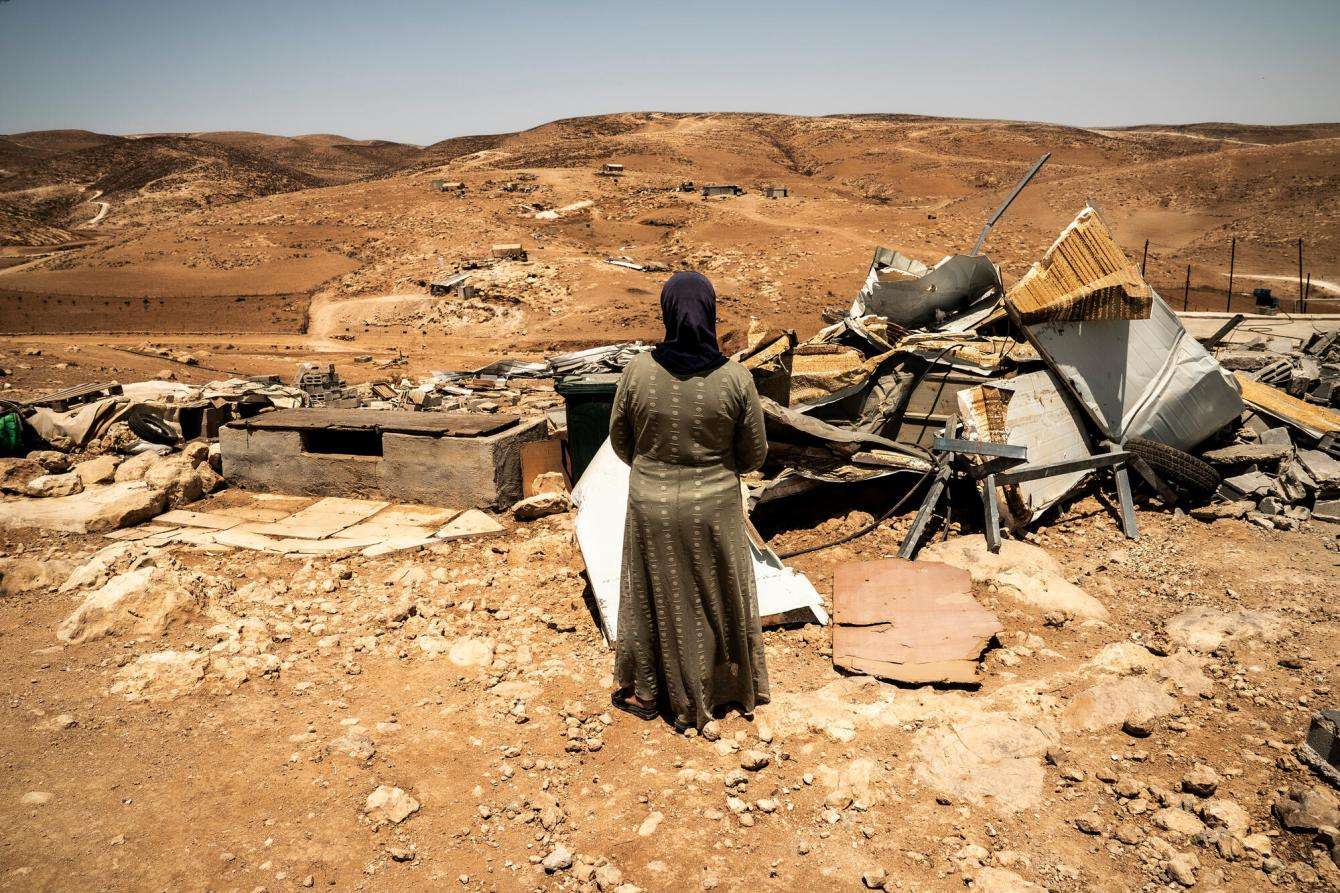
Palestinians are fleeing in what may amount to forcible transfer
The continuous threat of violence places a severe strain on people’s mental health.
“When the soldiers come at night [during] home incursions my children and wife hide behind me for protection, but I cannot protect them,” said a Palestinian patient in Masafer Yatta, an area in the South Hebron Hills. “They have the power; they can do whatever they want.”
Ever-more coercive and violent policies and practices by Israeli authorities and settlers are pushing a growing number of Palestinian families to flee their homes in what may amount to a forcible transfer. Since October 2023, MSF teams have responded to the urgent needs of more than 1,500 Palestinians across Hebron who were either forcibly displaced from their villages or whose houses were demolished and possessions destroyed.
“Despite their responsibilities as an occupying power, Israel authorities' have failed to meet their obligations to the Palestinian people,” Dongen said.
“Israeli policies implemented in Hebron are already having far-reaching consequences on Palestinian’s physical and mental health. We call on the Israeli authorities to guarantee unimpeded access to health care and other essential services, to protect Palestinians against forced displacement, and to facilitate the safe return of displaced communities to their homes.”
MSF operations in the West Bank are focused on providing emergency care, primary health care via mobile clinics, and mental health care in Hebron, Nablus, and Jenin. MSF also continues to respond to the war in Gaza.
